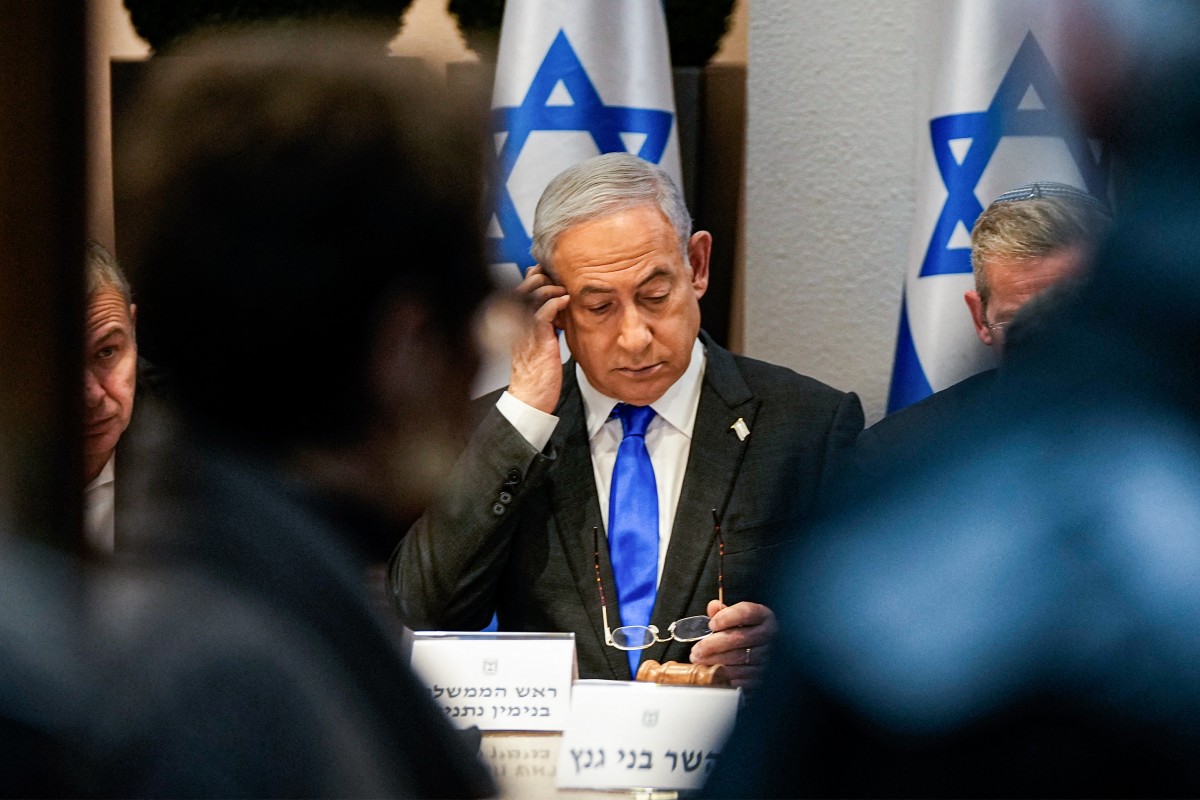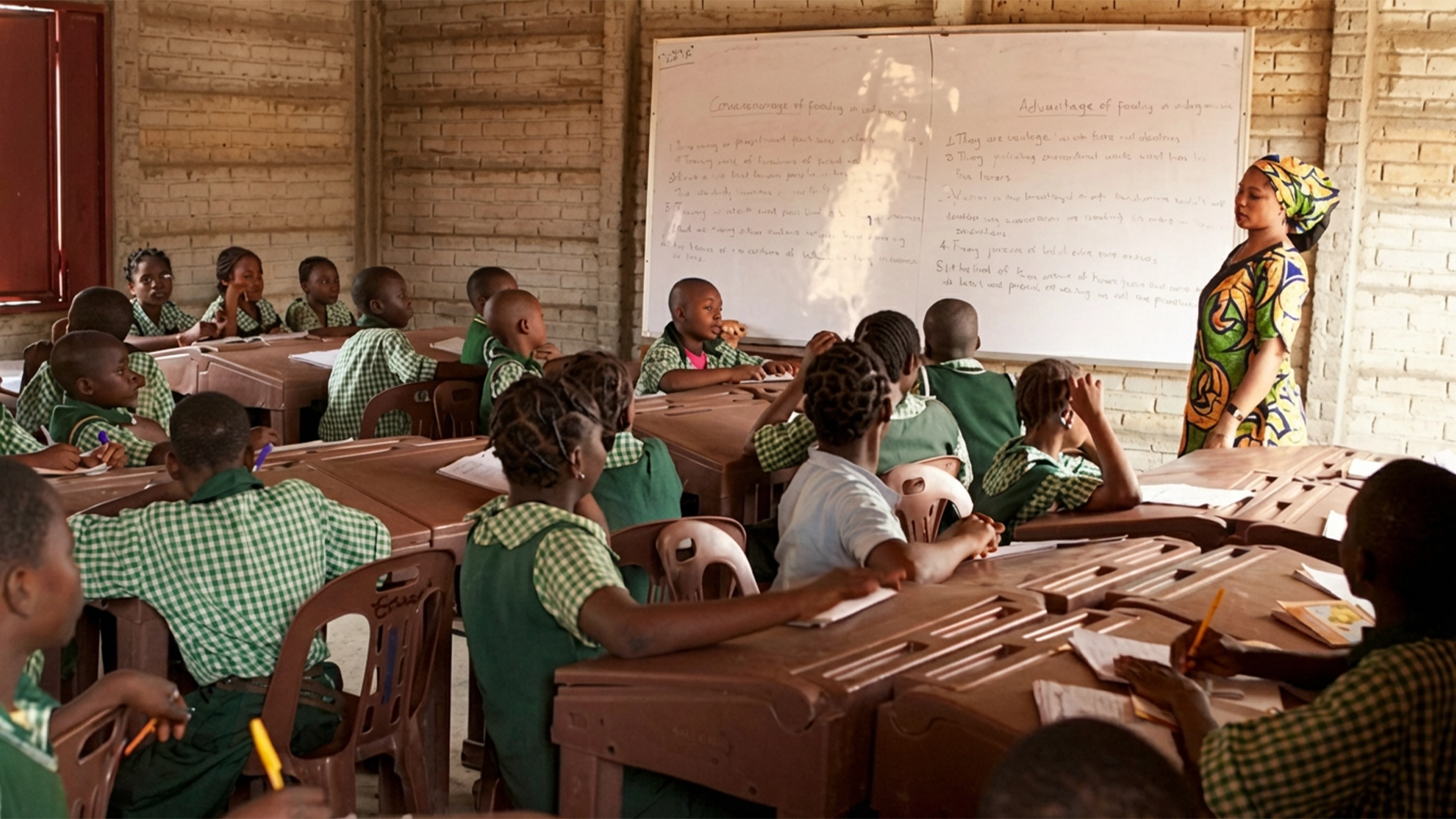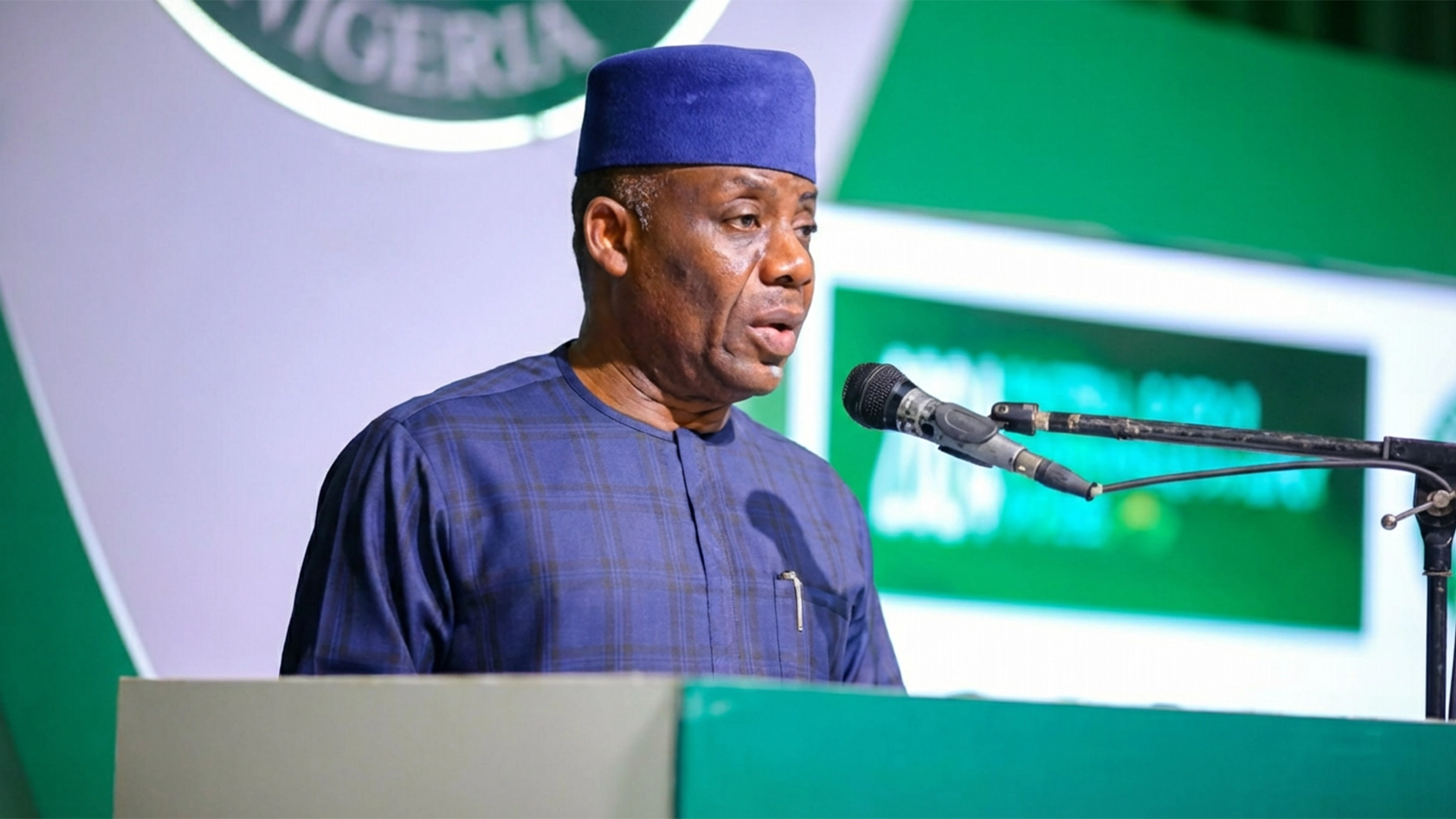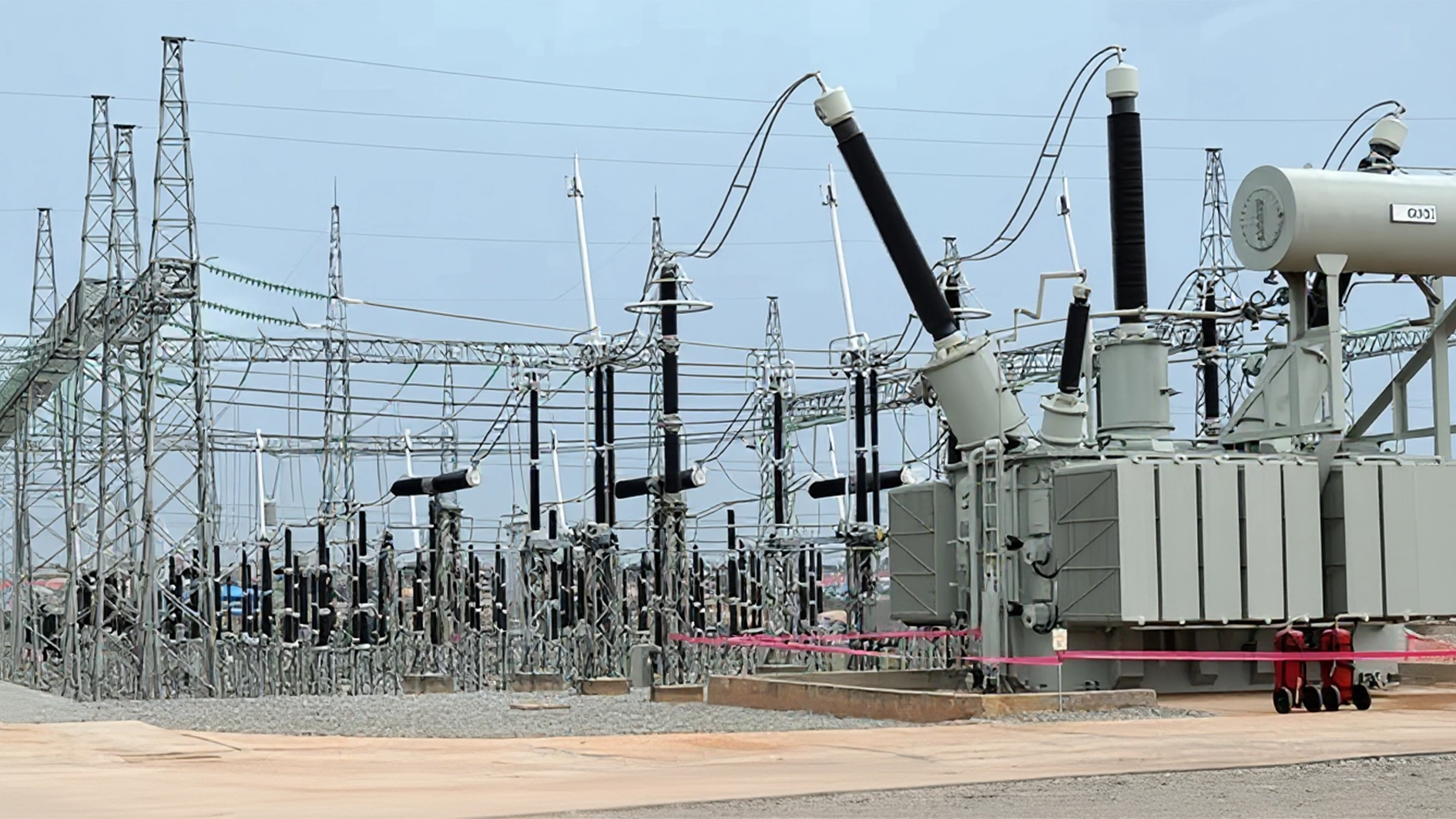
The International Criminal Court (ICC) at The Hague might have felt compelled to issue its seemingly dramatic arrest warrants for Israeli Prime Minister Benjamin Netanyahu, former Defense Minister Yoav Gallant, and Hamas’s military chief Mohammed Deif on charges of alleged war crimes and crimes against humanity in Gaza. Whether the action can translate to peace in the war-torn region remains doubtful, considering the many complications, including that of execution of the warrants, that have been consequently thrown up. Give and take, peace remains the only desirable issue in Gaza.
The ICC claims the issuance of the arrest warrants is necessary to protect witnesses and safeguard the conduct of investigations into the alleged crimes. The court’s Chief Prosecutor Karim Khan had, in May 2024, requested the court to issue arrest warrants for Netanyahu and Gallant over these allegations. The warrants severely restrict Netanyahu and other Israeli officials’ ability to travel abroad, as the ICC’s 124 member states are obligated to arrest them if they enter their territories.
Expectedly, the Palestinian militant group Hamas hailed the issuance of the arrest warrants, calling it an “important step towards justice… However, it remains limited and symbolic unless supported by all countries worldwide,” said Hamas.
It is important to bring an immediate end to the Israeli-Palestinian war in Gaza. The war has caused immense pain globally and significant human casualties among combatants and civilians in Gaza. Since the current conflict erupted, millions of people around the world are uncertain not only about their futures but also about the future of the planet. Their anxiety stems from the fact that any of the combatants in Gaza or their allies could take actions that might trigger a Third World War. Therefore, the leaders of Israel and Palestine have a responsibility to ensure that this catastrophic war does not cause irreversible damage to the planet.
It should be recalled that since Hamas militants carried out an unprovoked attack against Israel—described as the deadliest in Israeli history—on October 7, 2023, resulting in the deaths of 1,206 people, mostly civilians, the death toll in Gaza has continued to rise. The Hamas government claims that at least 44,056 people have been killed in more than 13 months of conflict.
With the ICC issuing warrants for the arrest of Netanyahu and others over alleged crimes against humanity, an end to the war appears uncertain. So far, Israel’s response to the ICC arrest warrants signals a likely prolongation of the conflict. Israel has denied committing war crimes in Gaza, claiming that the UN and associated bodies, such as the ICC, are biased against the country. Referring to the 19th Century Dreyfus affair, in which a Jewish army captain was wrongfully convicted of treason in France, Netanyahu accused the ICC of anti-Semitism, calling it “a modern-day Dreyfus trial.”“The anti-Semitic decision of the ICC is comparable to the modern-day Dreyfus trial — and it will end the same way,” said Netanyahu. Israel’s Foreign Minister Gideon Saar declared in addition that the ICC’s order was “absurd… and without authority… even though Israel is not a member of the court.”
Granted, the ICC can issue an arrest warrant for any individual, including heads of state like Israeli Prime Minister Benjamin Netanyahu, if certain conditions are met. However, whether it is legal, feasible, or politically practical depends on several factors, such as jurisdiction, legal grounds, and international politics. Israel could challenge the ICC’s authority and jurisdiction over its actions, particularly by arguing that Israel is not a party to the Rome Statute (the ICC’s founding treaty), meaning the ICC does not have automatic jurisdiction over crimes committed in Israel or by its nationals. Additionally, Israel could argue that the ICC lacks jurisdiction over its citizens and actions, especially since the statehood of the Palestinian Territories is politically disputed, even though in 2021, the ICC ruled it had jurisdiction over the Palestinian Territories (Gaza, the West Bank, and East Jerusalem), which many international bodies consider occupied territories.
Even if sufficient evidence makes it legally possible for the ICC to issue arrest warrants for Netanyahu and others, political, diplomatic, and enforcement challenges could make such warrants difficult to execute in practice. The United States (a non-member of the ICC), which strongly supports Israel and has often criticized the ICC, could complicate enforcement efforts. And Israel could also push for resolutions in the UN Security Council or General Assembly to denounce the ICC’s actions as politically motivated.
Besides, under international law, Netanyahu and others need be formally charged, tried, and convicted by a competent court before they can be deemed guilty under international law, Currently, investigations by the ICC and other international bodies are ongoing, and no formal charges have been brought against Netanyahu.
Under Article 51 of the UN Charter, Israel could argue, and indeed she has been so arguing, that its military actions in Gaza and the West Bank are acts of self-defense against groups like Hamas, which many countries recognize as a terrorist organization. Netanyahu could claim that these operations were necessary to protect Israeli citizens from rocket attacks, terrorism, and other security threats. However, the principle of proportionality prohibits excessive use of force that causes disproportionate harm to civilians compared to the military advantage gained. The ICC has previously issued arrest warrants for sitting leaders, such as Sudan’s President Omar al-Bashir for alleged genocide in Darfur and Russian President Vladimir Putin in 2023 for alleged war crimes in Ukraine.
What is crucial now in the Israeli-Palestinian conflict in Gaza is bringing the war to an end. Instead of issuing arrest warrants that may exacerbate the situation, the ICC could explore renewed peace negotiations or facilitate peace talks aimed at ending the conflict. Ending the war in Gaza is critical to the future of global human society. The ongoing tragic loss of life demands an urgent solution.
Notably, U.S. President-elect Donald Trump has expressed a desire to end the war upon his inauguration. Genuine efforts toward peace in Gaza could reduce the conflict, minimize the ICC’s involvement, and ultimately bring the war to an end. Common humanity dictates that an end is brought to the bloodshed in Gaza. Both Israel and Palestine have a responsibility to ensure their descendants can live in peace for the benefit of all humanity.






